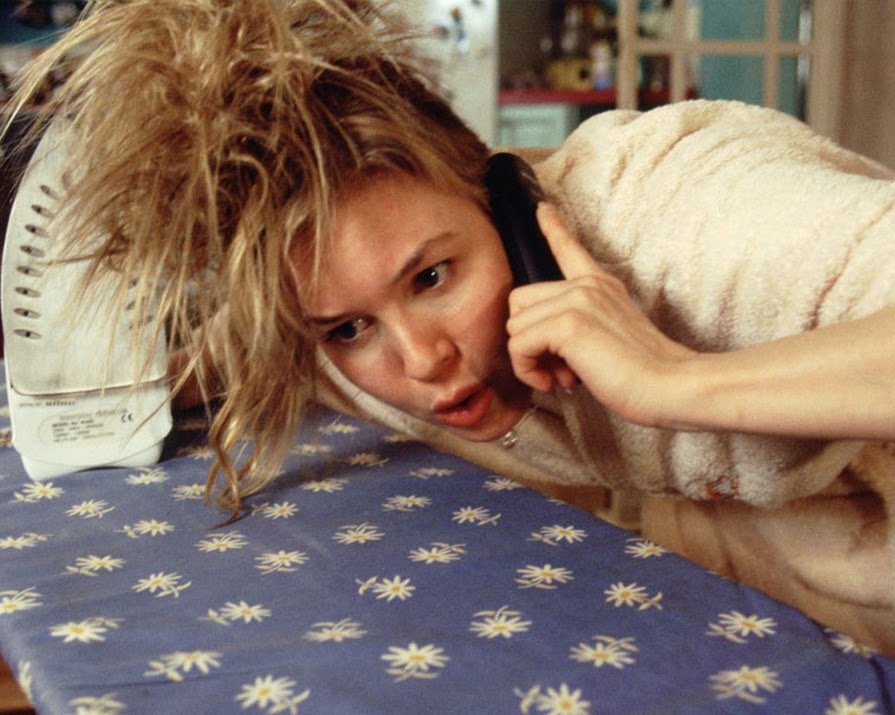
By Jennifer McShane
30th Aug 2015
30th Aug 2015
Anyone who has felt the after-effects of a night on the tiles will likely agree that word of a way to avoid the hell of a raging hangover would be greeted with joyous delight. But new (depressing) research has confirmed, despite numerous attempts to prove otherwise, there is no real cure for a hangover after a night of heavy drinking. It’s something that we all knew, but now there is new scientific evidence to prove it.
Researchers have said that all attempts to ?cure? a hangover, be it from your morning coffee, Sunday fry-up or favourite sugar-filled energy drink, are pretty much a complete waste of time. Even drinking water will fail to prevent anyone incautious enough to overdo the alcohol from suffering a hangover the morning after, according to the study.
The only way to feel to avoid a sore head they next day? Drink less. Like we weren’t privy to that information already. According to Science Daily, tests carried out with 826 Dutch students who answered questions – once the worst effects of alcohol had worn off – after their recent heavy drinking session, confirmed that no cure could be found.
Just over half said they had eaten after drinking, but this appeared to have little effect on the severity of their hangovers.
Lead scientist Dr Joris Verster, from the University of Utrecht in the Netherlands, said: “From what we know from the surveys so far, the only practical way to avoid a hangover is to drink less alcohol.?
“Those who took food or water showed a slight statistical improvement in how they felt over those who didn’t, but this didn’t really translate into a meaningful difference.”
Researchers concluded that even seasoned drinkers who consider themselves immune to hangovers were simply deluding themselves.
The findings maintain that an estimated 25 to 30 percent of drinkers insist they can down unlimited amounts of beer or wine safe in the knowledge that they will wake up refreshed and clear-headed the next day, but the research clearly suggests otherwise.
The scientists calculated the blood alcohol levels of a group of 789 Canadian students who were questioned about their drinking in the previous month and found that four-fifths (79 percent) of those who claimed not to experience hangovers had actually drunk less than they thought.
“In general, we found a pretty straight relationship; the more you drink, the more likely you are to get a hangover,” said Dr Verster. “The majority of those who in fact reported never having a hangover tended to drink less – perhaps less than they thought would lead to a hangover.”
Via Science Daily























